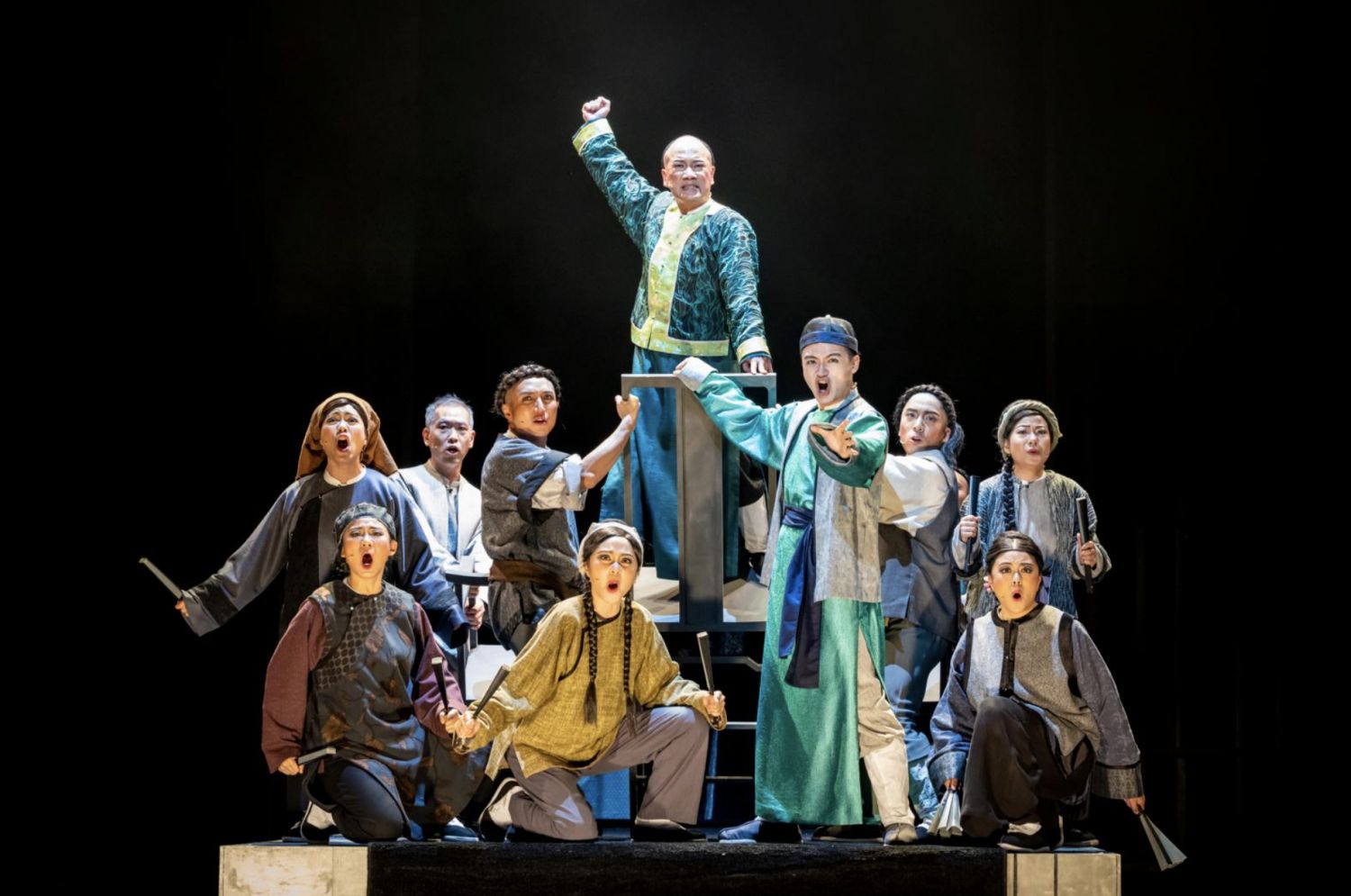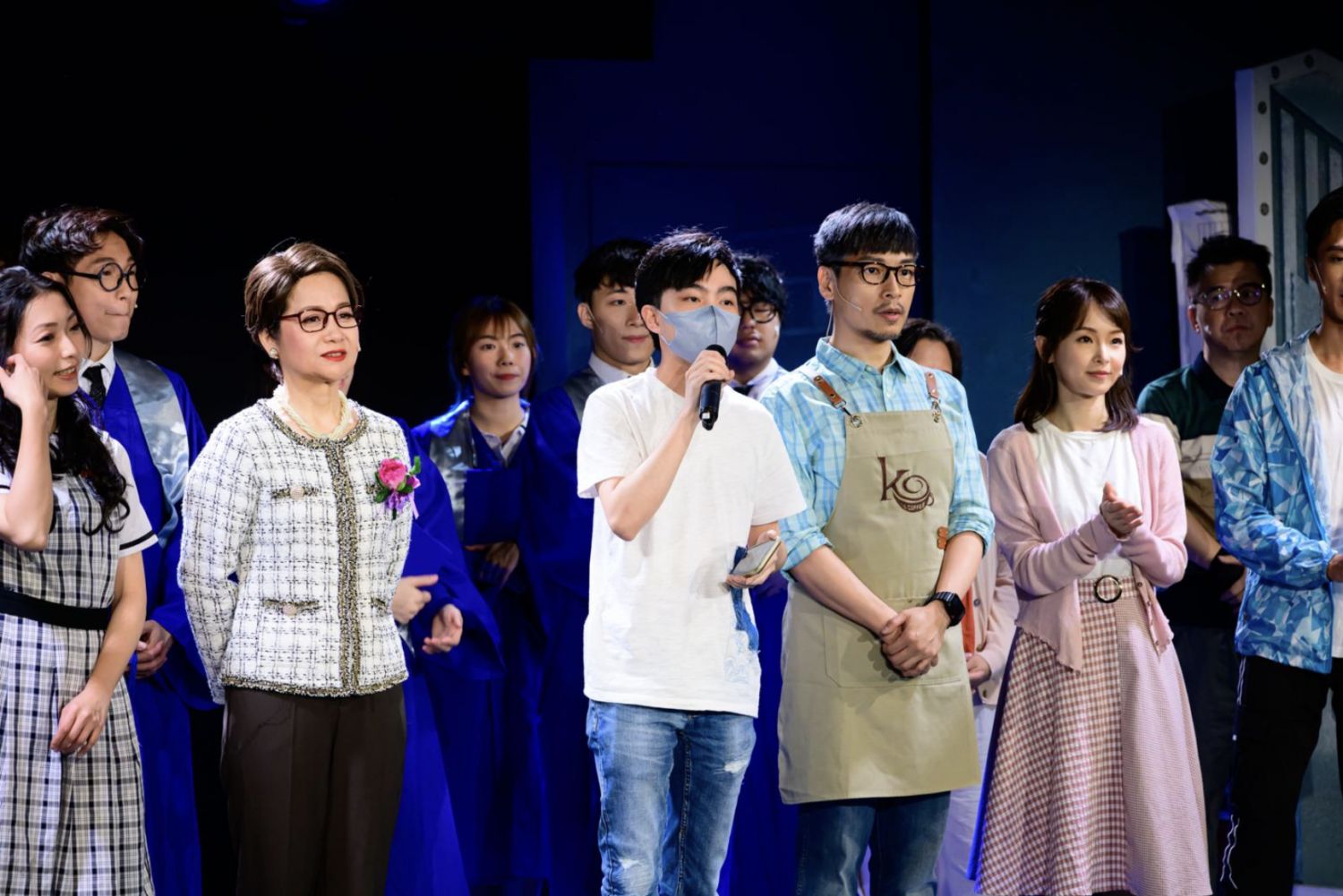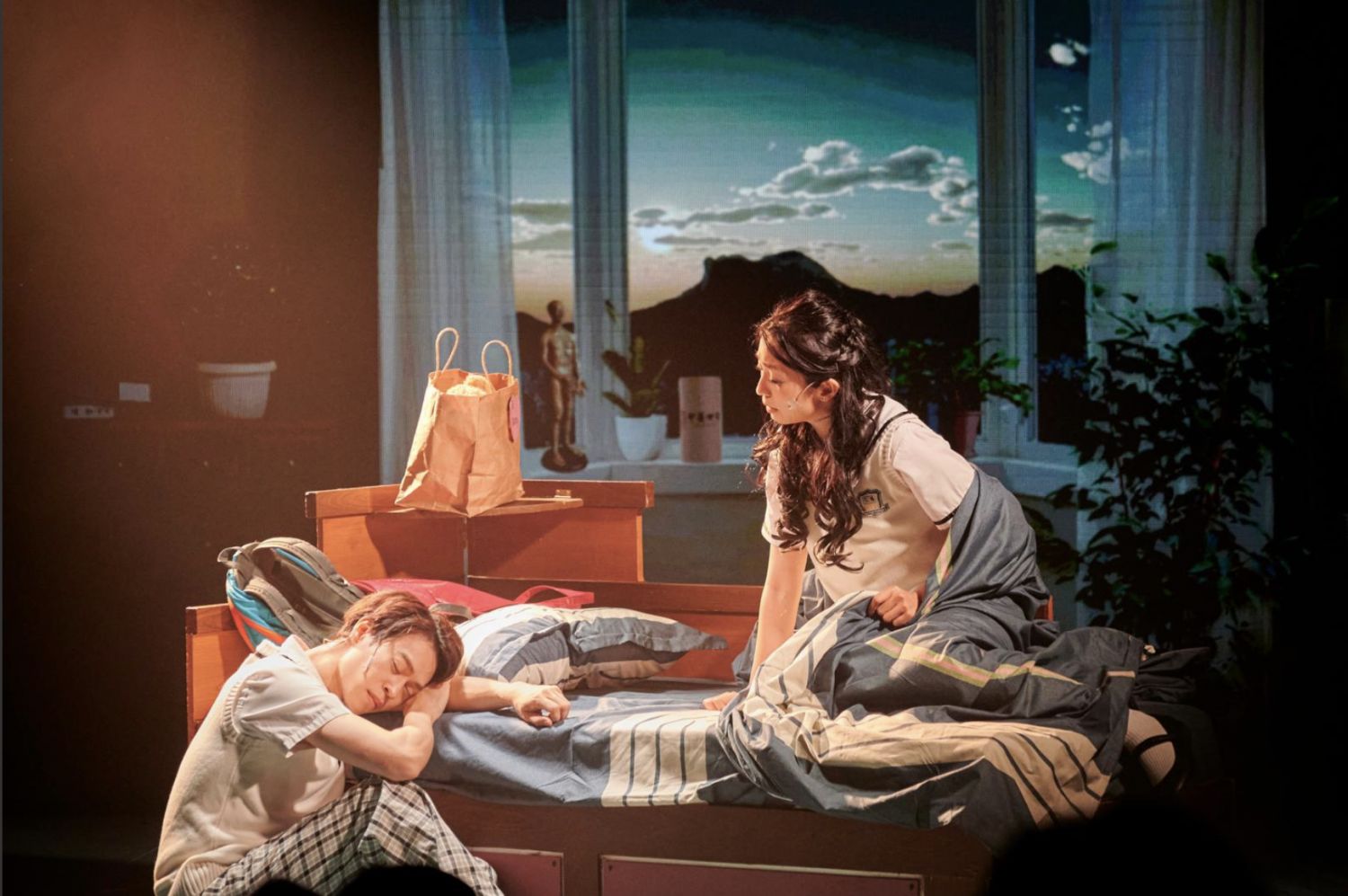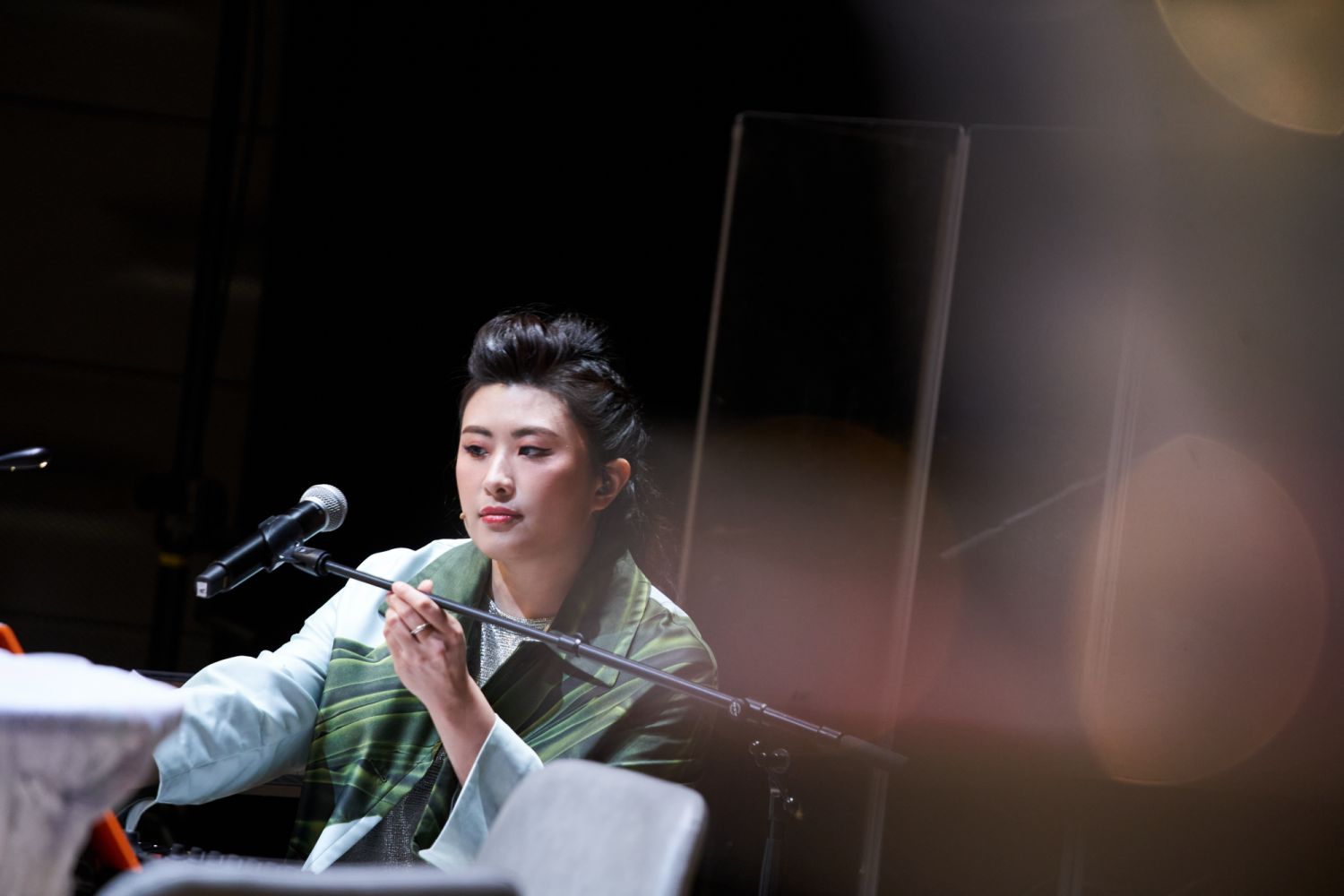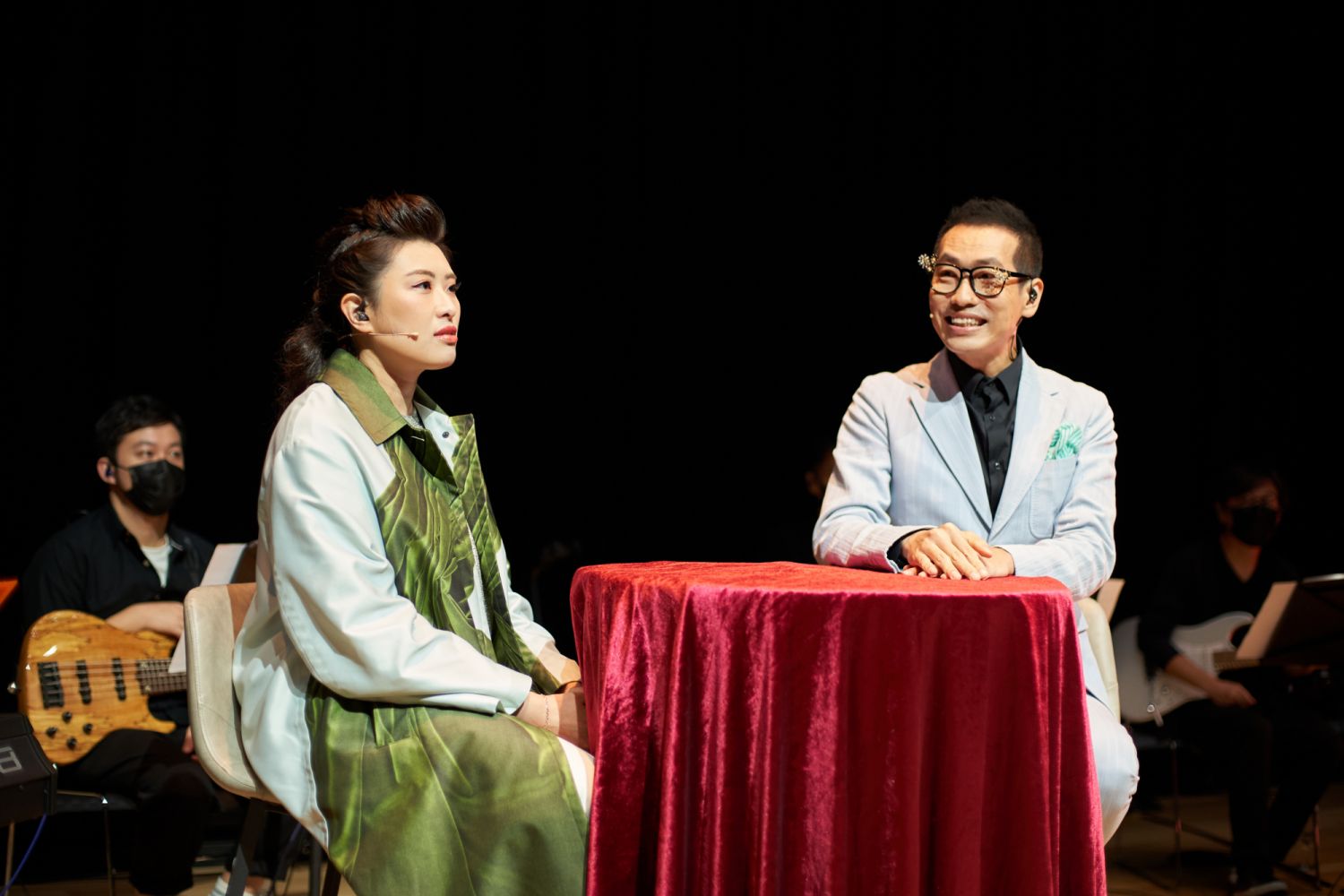Until recently, Cantonese musicals have struggled to gain traction in Hong Kong. But these creatives may have what it takes to put the city's performing arts on the world map
A theatre is one of the last venues one might expect in the gritty industrial district of Kwai Chung, where dusty grey factory buildings are the norm. But one ground-level retail-space-turned-theatre has, in the past few months, been attracting celebrities such as Golden Horse winner Tse Kwan-ho and diva Liza Wang, as well as a crowd arts lovers. This renewed space is the home to Boom Theatre, a local company responsible for Our Journal of Springtime, which is Hong Kong’s first permanent musical.
The show tells of how a group of Hong Kong students decide to pursue their dreams despite family and societal expectations, pressures from the education system, and teen love—themes which resonate with many locals. Since it premiered in 2018—in another factory building before the relocation to its current permanent site the following year— the constantly sold-out, almost three-hour show has been staged more than 120 times—six shows per week—and is now sponsored by Emperor Group, one of Hong Kong’s biggest conglomerates.
Don't miss: Exclusive Interview: Father and Son Duo Albert and Alex Yeung on 80 Years of the Emperor Group
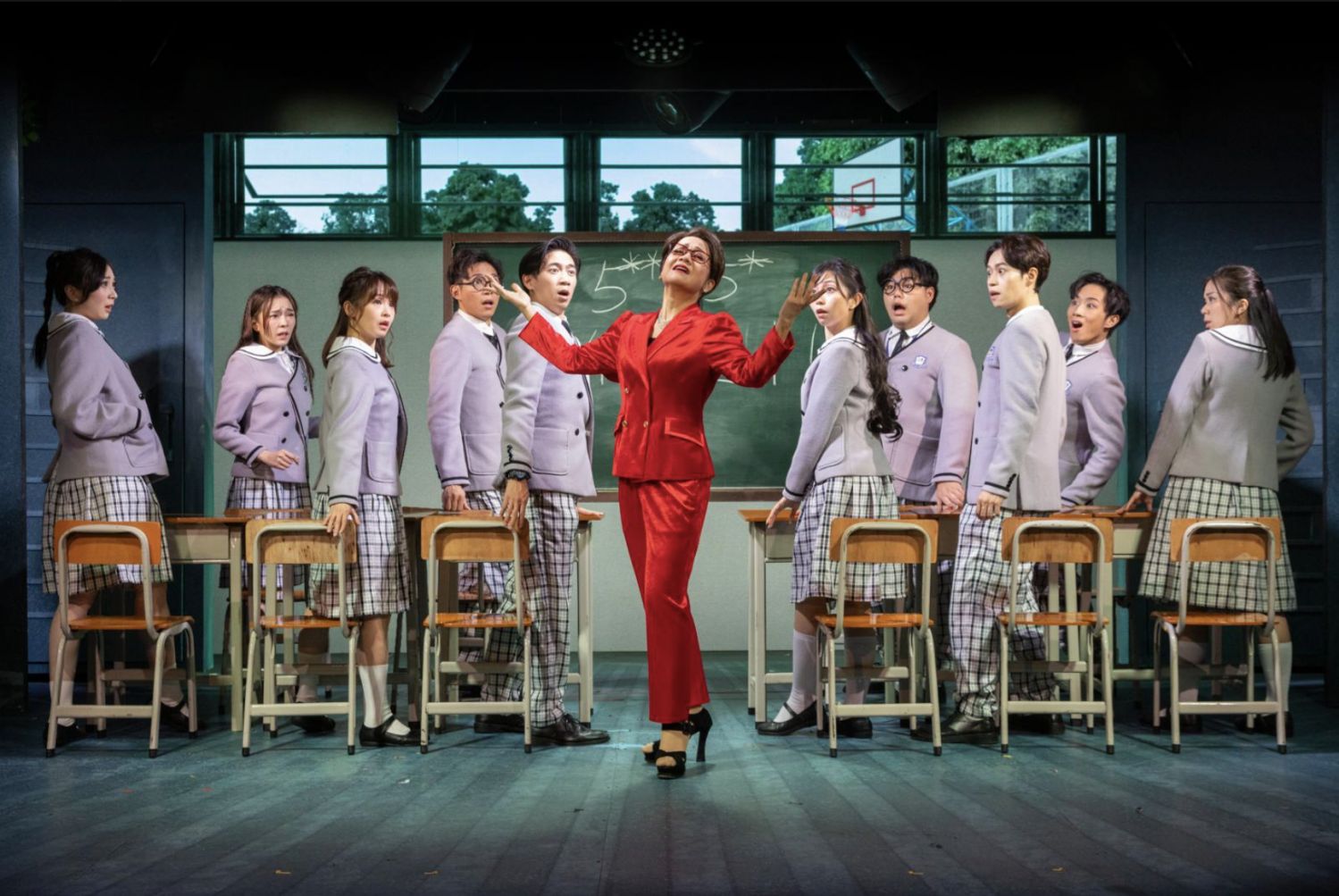
The success of Our Journal seems to indicate a step up in both the development of and audience for locally produced musical theatre. This coincides with other productions which have been making noise both in the city and the region: for example, Tri Ka Tsai, a 2019 Hong Kong-style cabaret featuring songs in different Chinese dialects by local composer and singer Anna Lo, was selected for the Singapore’s Huayi Arts Festival this month; and HKRep’s The Impossible Trial, a Cantonese musical about an immoral Qing dynasty lawyer seeking resurrection, a much-anticipated production which took veteran composer Leon Ko Sai-tseung and librettist Cheung Fei-fan eight years to create and which finally premiered at the Xiqu Centre in September last year.
Don't miss: Tatler House Stories: A Panel Discussion on How Hong Kong Can Become a Top Arts City

